“Nhở mới không nguội” - a beautiful poetic song, imbued with emotions and humanity, has long been anchored in the minds of many generations of Quan họ lovers. That song, along with dozens of other valuable compositions and revisions, are the “seeds” that the late artist Nguyen Duc Soi quietly sowed in the land of Quan họ to blossom into a traditional music garden imbued with national identity. And in the flow of today’s era, the Quan họ song “Nhở mới không nguội” is like a long echo from the old teacher reminding us of the value of perseverance, humility and silent dedication to the culture of our country. Born in 1912 in the original Quan họ village of Ngang Noi (Hien Van commune, Tien Du district), artist Nguyen Duc Soi was originally a talented Cheo actor, but his deep love for Quan họ led him on a long journey of learning, exploring and serving. While many artists of the same time were illiterate, he was fluent in Chinese, Nom and Quoc Ngu, and also understood Cheo, Tuong, Chau Van... creating a unique academic and practical foundation to approach Quan Ho not only as a folk song genre, but as a complete system of cultural and artistic values, associated with the thinking, lifestyle and soul of Kinh Bac people. Not stopping at learning to sing, artist Nguyen Duc Soi devoted his whole life to collecting, researching, editing, composing and teaching Quan Ho systematically. He was the first to discover many ancient Quan Ho songs without parallel verses and then composed and added more than 30 parallel verses. Songs such as "Can cham trang the" (draining cup of moon) versus "Dem qua nho ban" (remembering friends) or "Det mot dem xuan" (weaving spring night) versus "Giang thanh gio mat" (spreading cool breeze)... became models for traditional Quan Ho practice. In particular, compositions with both lyrics and melodies such as "Nho mai khong nguoi", "Con song vi thuy", "An o trong rung" not only carry the soul of Quan ho but also express modern artistic thinking, and are welcomed by the public like ancient songs.
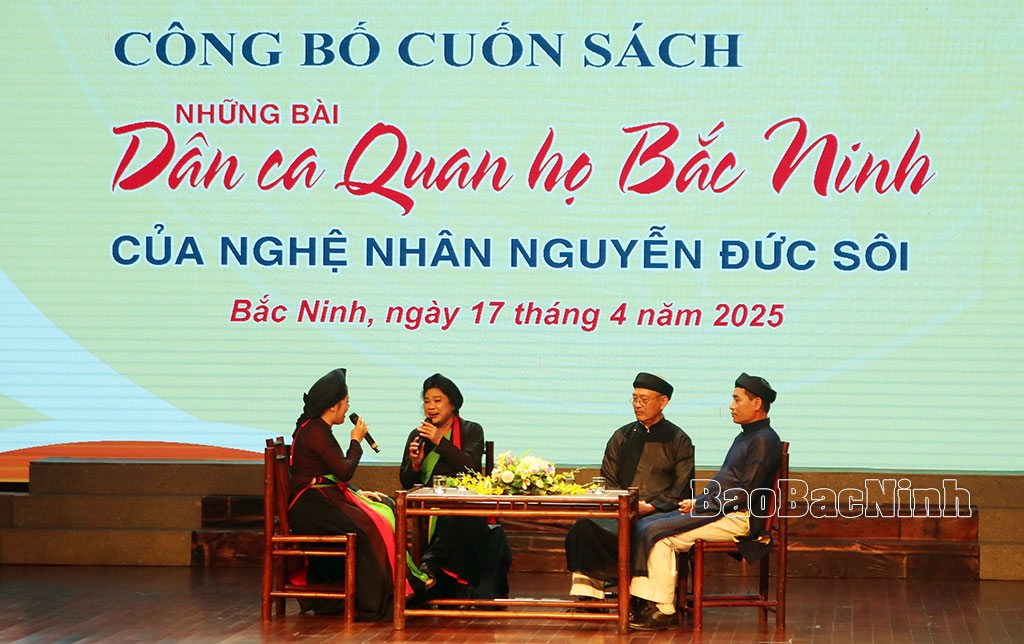
The greatest legacy that artisan Nguyen Duc Soi left behind is cultural ideology - a spirit of "understanding to preserve, enjoying to pass on".
On the evening of April 17, at the Bac Ninh Quan Ho Folk Song Theater, the Provincial Literature and Arts Association solemnly held a launching ceremony for the book "Quan Ho Bac Ninh Folk Songs by artist Nguyen Duc Soi". The book includes nearly 40 Quan Ho antiphonal songs composed by him, currently being preserved and cherished by artists and the Quan Ho community. This is not only a tribute to a teacher, but also affirms that the legacy he left behind is the spiritual core of Quan Ho culture, an indispensable part of the Vietnamese national identity. 85 years of life, 50 years of Party membership, artist Nguyen Duc Soi lived a life of silent dedication, indifferent to fame and fortune, never received any noble title or award, but generations of his students - the brothers and sisters who brought Quan Ho to fame throughout the country and abroad - are the priceless legacy that he "sown" in the field of Quan Ho heritage. As the first teacher of the Quan Ho Folk Song Troupe - the predecessor of today's Bac Ninh Quan Ho Folk Song Theatre, artist Nguyen Duc Soi played a special role in laying the foundation for professionalizing Quan Ho. With all his passion, knowledge and life experience, he taught the first artists of the Quan Ho Folk Song Troupe how to breathe, pronounce words, utter sentences, and perform with grace. His outstanding students such as People's Artist Thuy Cai, Meritorious Artists Quy Trang, Vu Tu Lam, Le Ngai, Khanh Ha, Minh Phuc, Xuan Mui... are living proof of the lasting vitality of the legacy he left behind. However, the greatest legacy that the artist left behind does not lie in the number of Quan Ho songs composed, or the names of his talented students, but in a cultural ideology, a spirit of "understanding to preserve, being passionate to pass on". His life fully embodied the qualities of a rare “folk artist - intellectual”, who both deeply understood tradition and knew how to renew the quintessence, both preserved identity and opened the path for sustainable development for Quan Ho in contemporary life. Above all, the legacy that the late artist Nguyen Duc Soi left behind was his status as a people's artist, a folk researcher, an exemplary teacher and a party member who devoted his whole life to the ideal of revolutionary culture. In the tranquility of an artist's soul, artist Nguyen Duc Soi forged a philosophy of life - living to preserve identity, living to spread love through each folk song. Perhaps, that is also the reason why, after more than two decades of his passing, those who remain still see him "still" and will forever remain like a silent but never-extinguished flame in the hearts of Quan Ho lovers. Remembering her father, Meritorious Artist Le Ngai, his biological daughter and one of the first students taught by Mr. Soi, emotionally expressed: “Until the end of his life, my father was still passionate about Quan Ho. He always told us that you should try to preserve the songs of your ancestors. It is very precious. Although at that time, Quan Ho was not as popular as it is now, my father still said that one day the whole world will have to know about it because Quan Ho is very good and unique. Keeping in mind my father's teachings, I am always conscious of preserving, maintaining and spreading Quan Ho culture.” Just as Mr. Soi predicted, Bac Ninh Quan Ho folk songs are now recognized by the world as a representative intangible cultural heritage of humanity. In that achievement, there is the silent but great contribution of the first teacher, artist Nguyen Duc Soi - an "exemplary Quan Ho boss" with profound knowledge and a loyal heart devoted to his hometown's folk songs, becoming the one who keeps the soul of the hundred-year-old songs...
Source: https://baobacninh.vn/di-san-cua-nguoi-thay-au-tien-gioo-mam-quan-ho-96683.html





![[Photo] National Assembly Chairman Tran Thanh Man received a delegation of the Social Democratic Party of Germany](https://vphoto.vietnam.vn/thumb/1200x675/vietnam/resource/IMAGE/2025/10/28/1761652150406_ndo_br_cover-3345-jpg.webp)
![[Photo] Draft documents of the 14th Party Congress reach people at the Commune Cultural Post Offices](https://vphoto.vietnam.vn/thumb/1200x675/vietnam/resource/IMAGE/2025/10/28/1761642182616_du-thao-tai-tinh-hung-yen-4070-5235-jpg.webp)
![[Photo] Flooding on the right side of the gate, entrance to Hue Citadel](https://vphoto.vietnam.vn/thumb/1200x675/vietnam/resource/IMAGE/2025/10/28/1761660788143_ndo_br_gen-h-z7165069467254-74c71c36d0cb396744b678cec80552f0-2-jpg.webp)
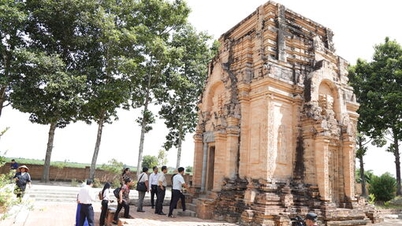

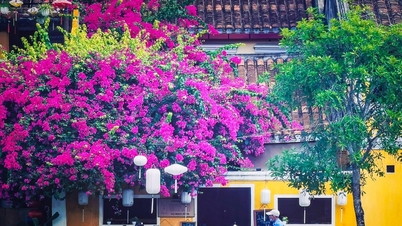



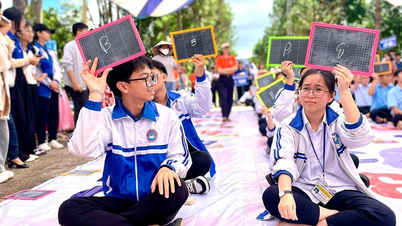












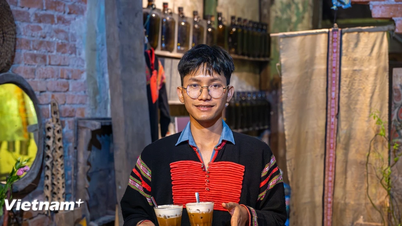
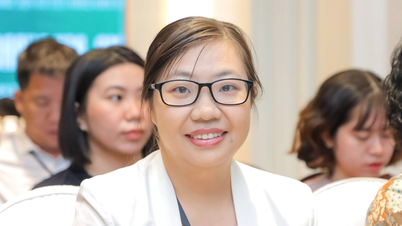








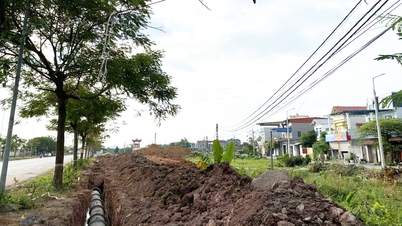

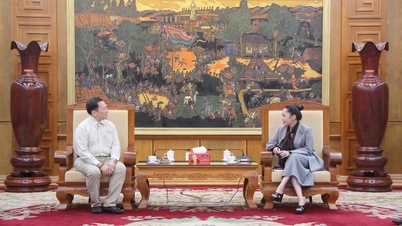
![[Photo] President Luong Cuong attends the 80th Anniversary of the Traditional Day of the Armed Forces of Military Region 3](https://vphoto.vietnam.vn/thumb/1200x675/vietnam/resource/IMAGE/2025/10/28/1761635584312_ndo_br_1-jpg.webp)


























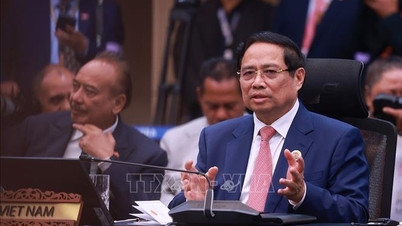
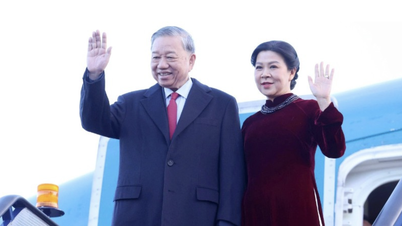







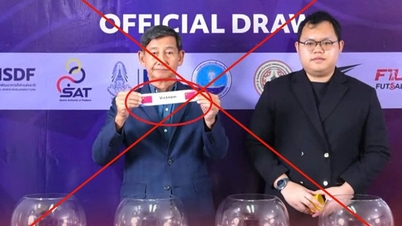

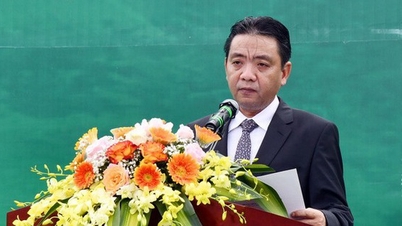
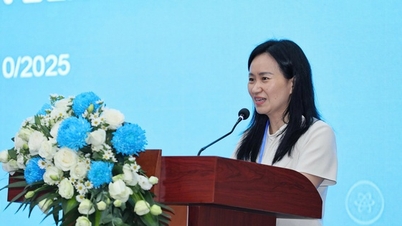

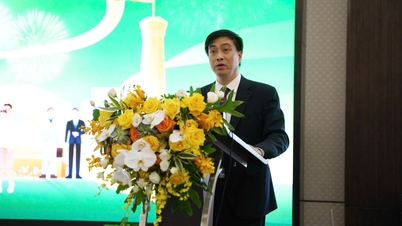


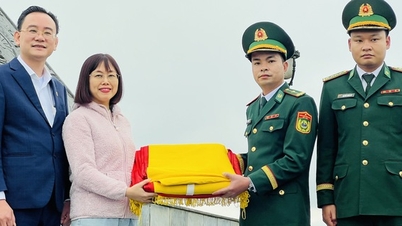


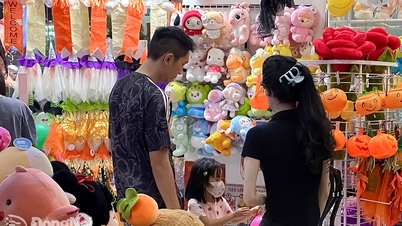

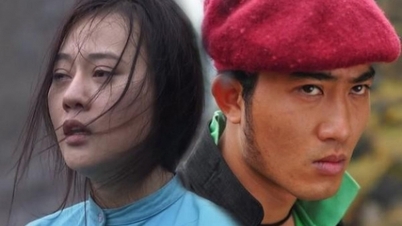

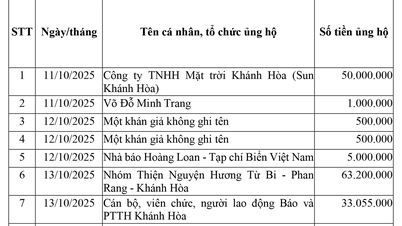


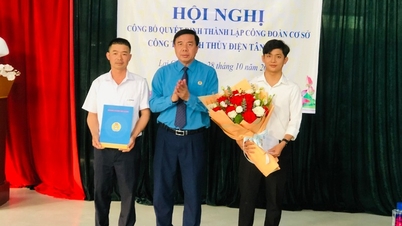













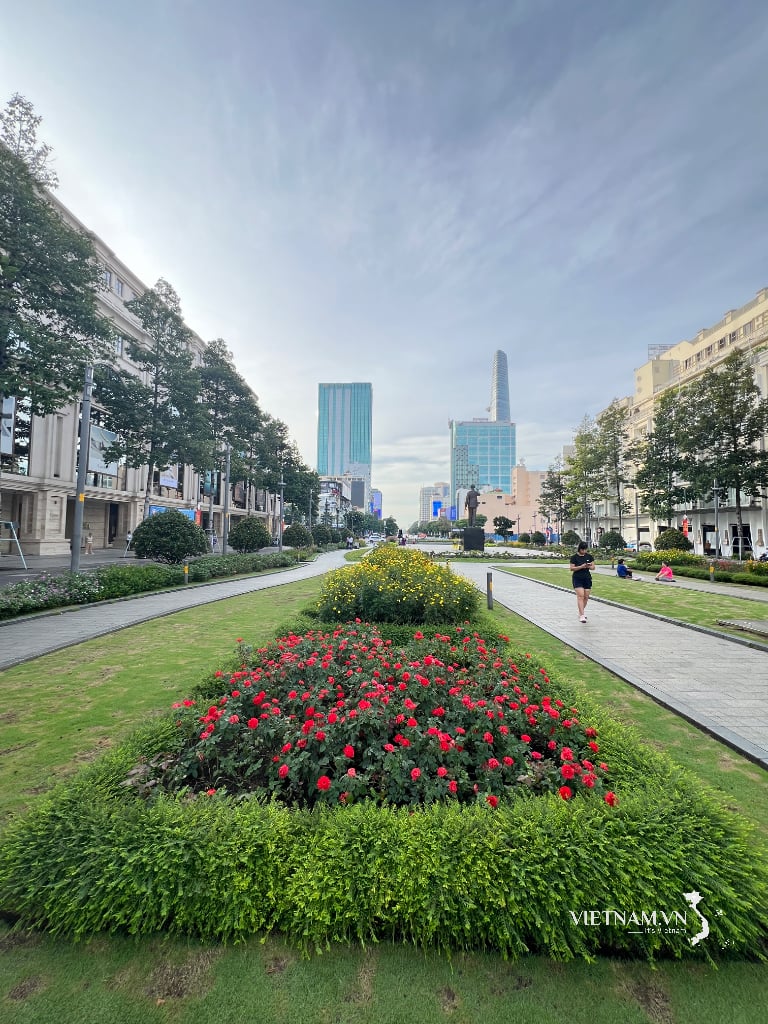


Comment (0)